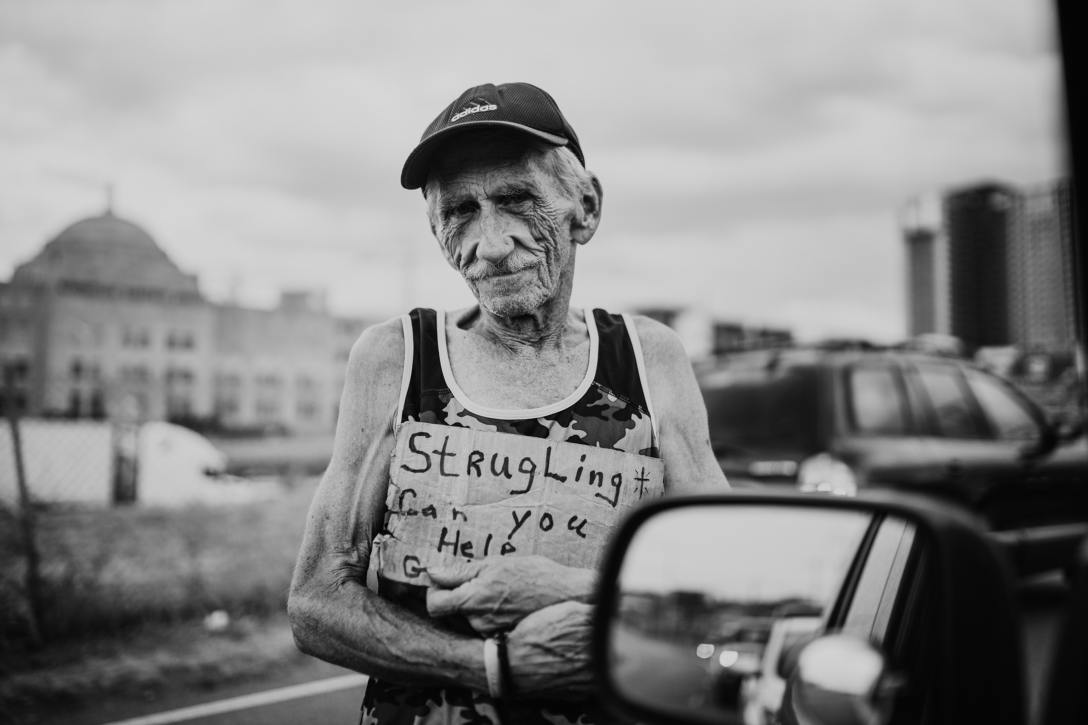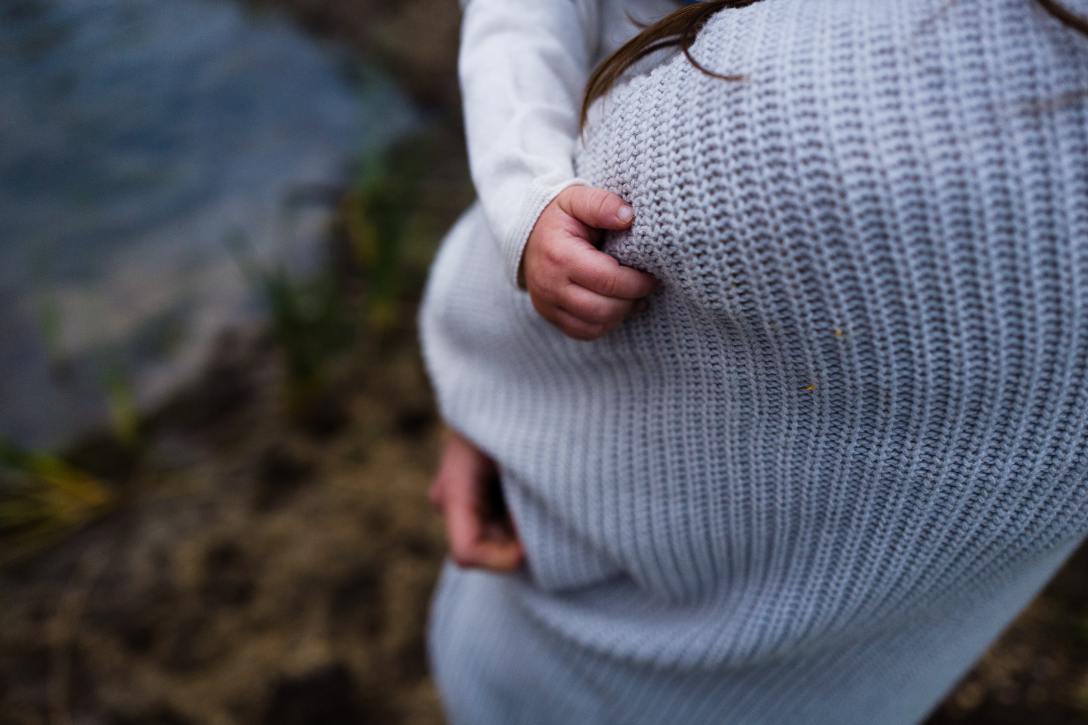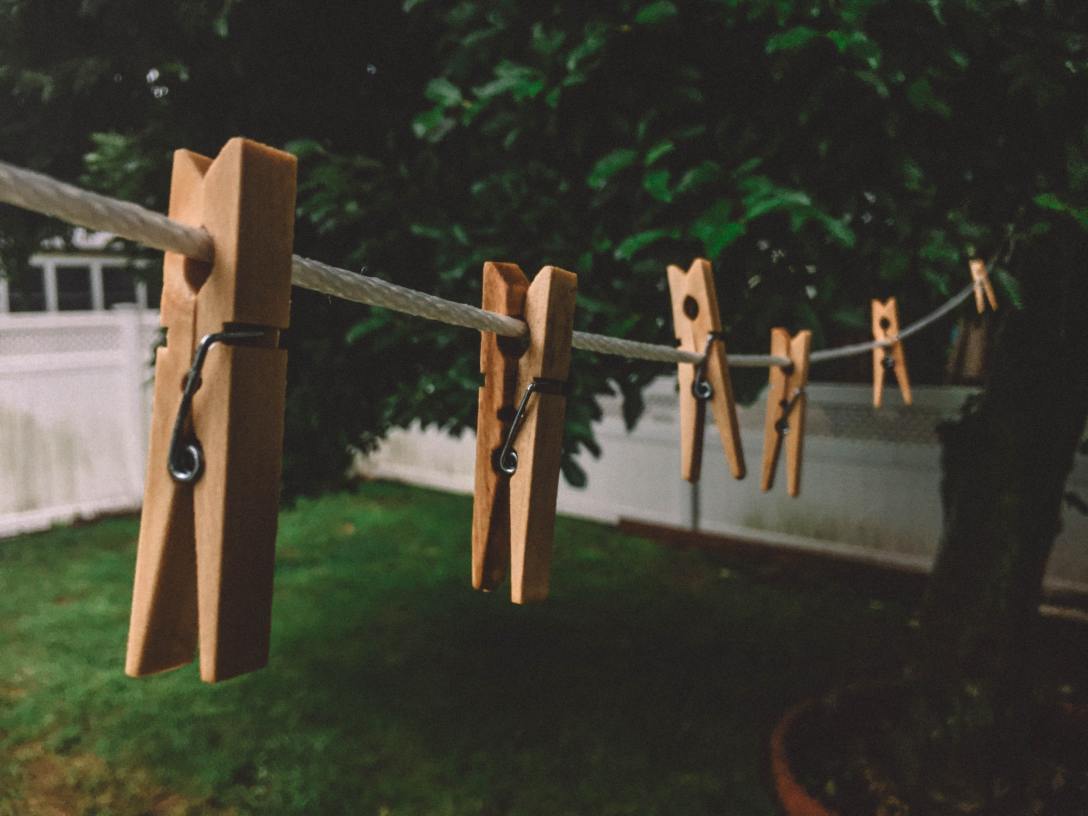Some might notice I don’t write so much anymore or at least it’s taken a gradual down turn. I’d love to say that it’s just from my life being so full and busy (which it is), but the biggest reason for my lack of words is darkness. I’ve been in the darkest place of my life so far the last two years. I’ve suffered a lot of emotional and mental pain. Trauma, emotional distress, depression, anxiety, dissociation, despair, hopelessness, loneliness and feelings of isolation. There are reasons for this suffering, but I won’t be revealing the circumstances for now.
But let me tell you what the Lord has done heading into this new year.
I’d love to say my circumstances have completely changed, and that my sorrow is ended. That’s not happening as of right now, though I don’t want to give up hope. Instead the Lord has done a great work in my heart. There are times when I felt his silence, but I have experienced in new and deeper ways his loving shepherd care for me. I don’t just have theological beliefs of joy in the midst of suffering, comfort from him in sorrow, his support and care for the broken hearted and crushed in spirit, but I’ve finally felt it and experienced it personally. When I was at my lowest, people would suddenly be contacting me telling me the Lord was putting me on their hearts and they were praying for me.
One powerful instance of God answering prayer quickly was when I was feeling lonely, and I was telling the Lord that I was all alone and had no one to comfort me. I felt that still small voice speak to me, “But I’m here, Liz.” Learning from David in the Psalms (really even how Moses communicated with God) and learning how to lament, I pushed back: “I know, Lord, but you know I don’t have your bodily presence here with me and humans need your physical agents of comfort as well.” An hour or so later a friend I hadn’t talked to in awhile randomly texted me to see how I was doing. She told me she had been thinking about me and praying. The tears streamed down my face as I experienced the care and comfort of a real God. A God who sees the suffering of his people in a broken world and acts in real time for them. He is real and he is good. Though the desert is all around me and the trees are barren of fruit I don’t just theologically know God is good, but I feel that he’s good deep down in my bones. I feel that he is truly there for me all the time, especially when I’m weak and hurting.
The tough part of experiencing deep suffering is the weakness it brings. If we aren’t careful it can corrupt our hearts. I recently realized I didn’t like the person I was becoming: hateful, bitter, and resentful. I had let the darkness around me invade my heart and let it slowly poison my mind. I had not been guarding my heart where the well springs of life are, instead hope deferred had made my heart sick. I knew I needed to get help for myself and change. “The people in darkness have seen a great light”. The darkness of my circumstances haven’t changed, but I’ve made it my aim to still be a person of the light in my present darkness. And it began with God himself handing me the light of hope. His hope. The kind of hope that sees what we can’t see right now.
Isaiah 35:3-4 says, “Energize the limp hands, strengthen the rubbery knees. Tell fearful souls, “Courage! Take heart! God is here, right here, on his way to put things right and redress all wrongs. He’s on his way! He’ll save you!” I had a recent experience where it almost felt like God had sent his ministering angels to straighten my drooping shoulders and strengthen my weak knees, so I could continue to stand. It was as if a surge of power was infused in me, I felt my fighting spirit return, and I began to feel like I had words to say now. I experienced a bubbling up of real joy in my spirit. I had always heard of Christians who experienced deep suffering and yet said they experienced joy in the midst of it. Now I felt that I had finally experienced this fully for myself, and that what they say is possible by the power of the Holy Spirit. The joy of the Lord is my strength. It’s clear though that it’s of him and his doing.
For those who have been watching the latest Star Wars series, Andor, the prison escape was powerful for me. I felt like those men when they realized the lies of the enemy (the Empire). Lies that promised them freedom someday. But when the men realized the truth, that they were never letting them out, they immediately responded with determination, resolve, and revolution. They were done. They would get their freedom on their own and not subject themselves to the oppression of the Empire. Eventually more people in the galaxy began to see the darkness of the Empire encroaching on their lives. This realization didn’t make them passively despair, but be alert, watchful, sober-minded, self-controlled, and actively fight.
God calls us to fight against the Empire; outside of us and inside of us. There are forces of darkness at work in this world from the beginning of time, in our present age, and for how long forward none of us knows. But we are always called to fight with God and his forces of light, forces from the beginning of time, and established in the resurrection of Jesus Christ, that are at work even now renewing this world and renewing our hearts and minds. In this way we are a people called to the paradox of always sorrowing and always rejoicing. And this is what I will fight for in my own life. I will fight to stay in this tension.











